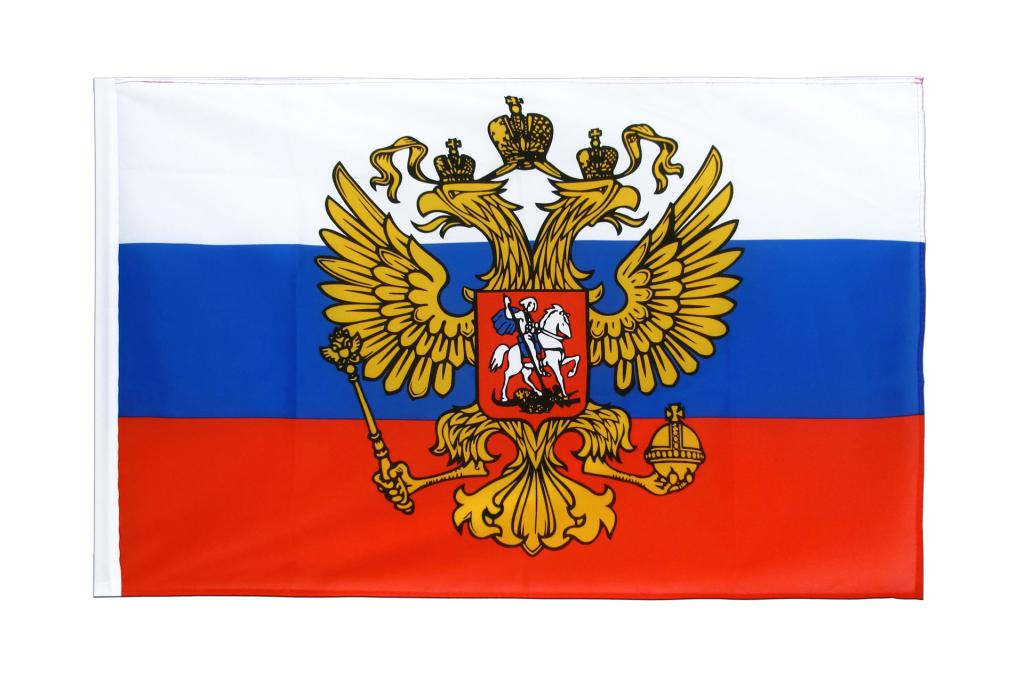Russia is a very large country. For management to be carried out correctly and productively, control and effective methods of influence are required. The huge apparatus of officials should not create a collapse. The subjects of the executive branch are the main state authorities that manage the country in a specific fixed territory. It is they who monitor the impeccable execution of laws exactly as they are spelled out. The integrity of society and its safety are in the hands of this state structure. This ensures all the rights of each individual citizen and his freedom.
Separation Features
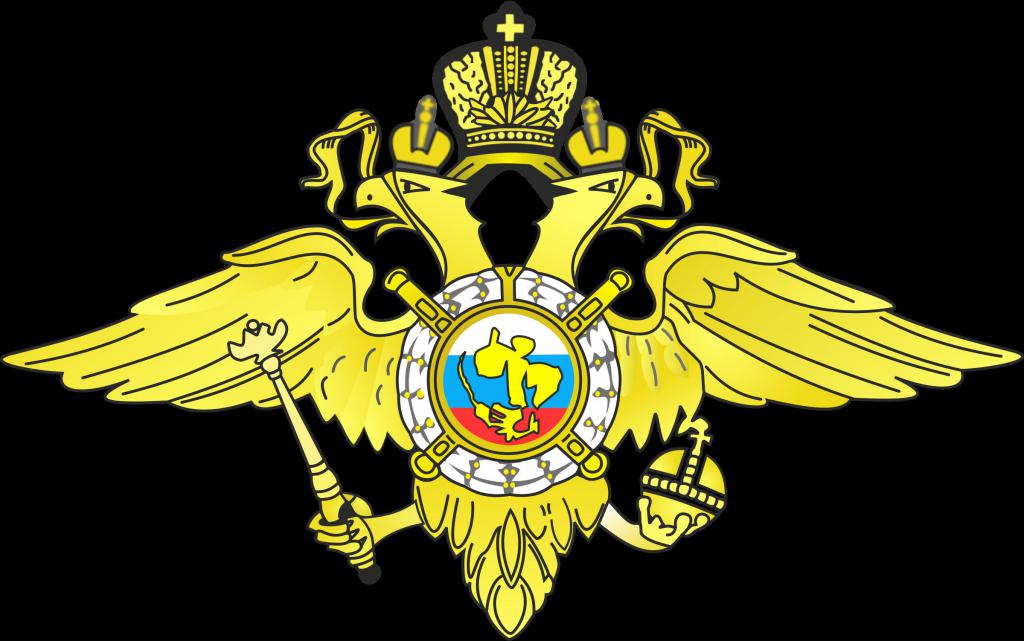
The subjects of executive power are divided into several subspecies, each of which is provided with certain features and responsibilities. Namely:
- The democratic state of the Russian Federation with its sovereignty and citizens.
- Each unit that is part of Russia has centralized power and constitutional support.
In the first case, power and its legal grounds extend to the entire territory. It doesn’t matter if it is an island in the ocean or an enclave of Kaliningrad. Each adopted law, any provisions and their justifications are taken as a basis and are valid throughout the territory of the Russian Federation.
All executive power is concentrated in Moscow, which greatly simplifies the coordination and interaction of officials with the people. Any appeals flock there and are considered in the manner prescribed by law.
In the second case, the subjects of executive power do not have such a scope. They are more guided by the already established rules, regulations and regulations. But there is autonomy. In this case, the region has its own constitution, which, according to federal law and regulation, cannot differ from the general one. And all the ensuing features come from specific regional customs and attitudes. They usually relate to religion and traditions, but not to institutions where common state standards and culture are provided. That is, in regions where Islam is the predominant religion, girls wear a hijab, but they take it off when entering schools or kindergartens. Or this applies to places and institutions with a highly specialized disposition.
The subjects of the executive branch are all entities in the territory of the Russian Federation. They are fully subordinate to all constitutional laws and legal acts.
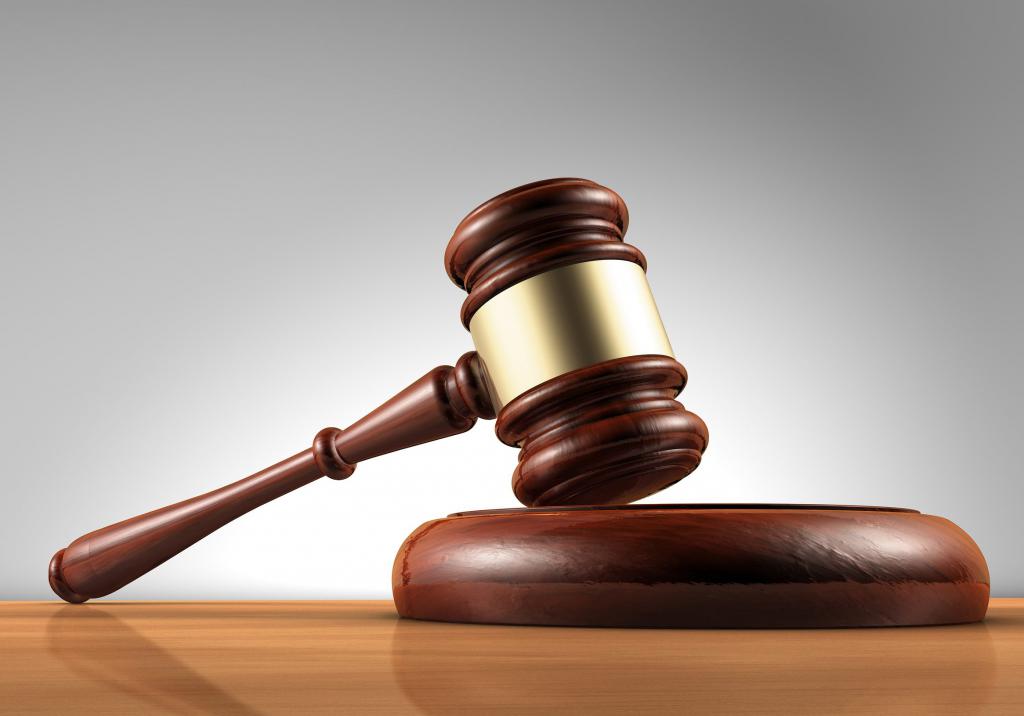
Also, do not forget about additional permissions, which are determined by individual characteristics and do not go against the general rules.
Whom do they obey?
All, without exception, the subjects of the executive branch report to the President of the Russian Federation. Next is the following order, which allows more efficiently differentiate power and provide an opportunity for its implementation. Everyone is subordinate to the President of Russia. After it, in importance at the federal level is the Government of the Russian Federation. Then begin the federal executive bodies in the constituent entities of the Federation.
They fully exercise control over everything that is going on, and conduct reporting activities in front of the highest apparatus of officials. Their duties include literally everything: from the distribution of work in places to the appointment of local leaders, removal from office, responding to complaints from citizens.
Classification
If you carefully study the Constitution and all legal acts, you can understand the following. Even at the regional level there are federal executive bodies in the constituent entities of the Federation.Their task is to fully control and help citizens in controversial situations.
Decrees, orders and other regulatory documents in local authorities
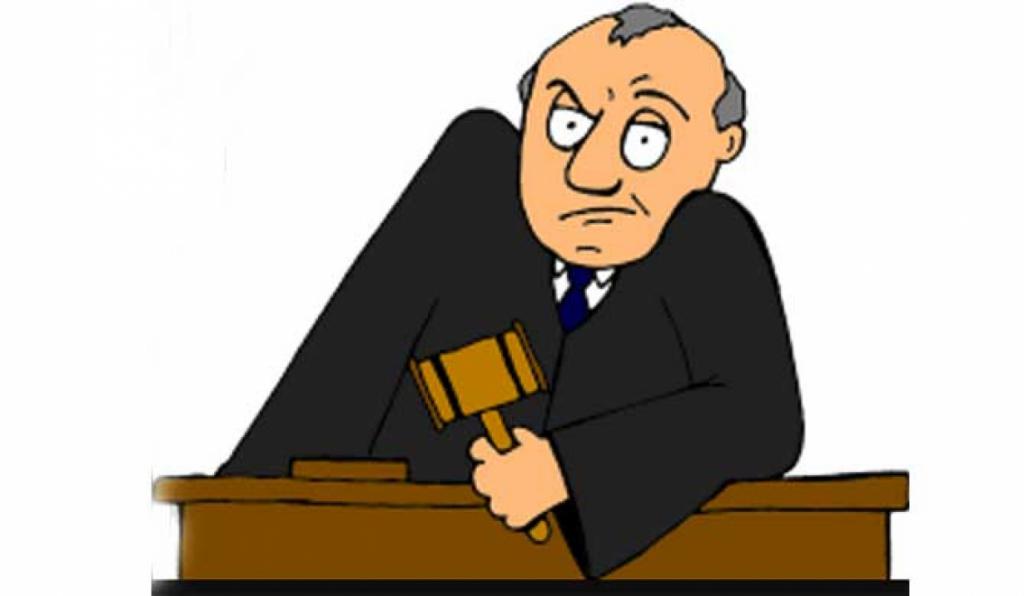
Acts of the executive branch of the constituent entities of the Russian Federation are a certain type of impact on something specific. They are issued in the form of orders and decrees. All powers of such documents fully come from the Constitution of Russia and the legislation of a particular subject. If it is the president of the republic, its head or another person in this post, he may issue decrees. Each act of executive power of the constituent entities of the Russian Federation is valid only on a specific territory. They are:
- Normative.
- Law Enforcement.
According to the Constitution, any local government body independently manages municipal property. These documents establish the budget, taxes, fees. They are also responsible for safeguarding cultural property and order. Moreover, in each subject there are certain documents:
- Orders and decisions of local authorities.
- Acts informing and giving legal grounds for gatherings in towns, villages and villages.
- Acts from representative authorities.
General principles
The whole system of subjects of power is established by itself, that is, independently. But the general procedure is regulated by the law of October 6, 1999, it implies general principles for the legislative and executive authorities. This law was further amended, and after entered into full force in July 2018.
The Federal Law on executive bodies of entities fully forms and forms their activities. Using these legal documents, these entities distribute responsibilities among themselves, the procedure for which is ensured locally, and interact at the federal and regional levels. There are no exceptions. This law is supported by the rights guaranteed by the Constitution of the Russian Federation. It does not just extend sovereignty to each subject, republic or region, but protects the integrity of the country by establishing a single state order. This law is very important, as it provides complete order and stability in the work of executive services.
It also clearly spells out which executive power and which legislative power. All structures vested with authority are balanced and in control of each other. This distribution does not allow to concentrate in one hand more than is required by a specific department or organization. This is especially true for law enforcement agencies and offices. Thanks to this law, each body of the subject of state power will ensure the full realization of all rights for every citizen.
He also regulates the system of public authorities and establishes it. It includes:
- Legislative and representative government body of a particular subject and the whole country as a whole.
- The highest instance of the executive bodies of state power of the subject.
- Other state authorities that were formed as a result of the various needs or characteristics of a particular subject.
Organ
Any such organization is created only in a certain territory. Her powers are completely terminated after the border is crossed. Full local control over compliance with laws, rules and regulations is carried out by the executive authority of the subject.
The principle of federalism forms a single system of executive power. It successfully operates throughout the country. But everything is determined by Art. 77 part 2 of the Constitution of the Russian Federation. True, there is no concrete law concerning executive bodies, even at the federal level. The general federal system functions by itself. It is based on various other provisions.
The supreme executive authority of the constituent entity of the Russian Federation is the instrument that on an ongoing basis ensures the implementation of the Constitution. He also ensures that federal laws and regulations are not violated. Moreover, it does not matter, territorial or general importance.
The Constitution spells out the name, structure and possible actions of the body. National characteristics and traditions are fully taken into account. He has the rights of a legal entity and the corresponding official stamp. A seal with the emblem of the subject gives a full guarantee that the document is legal.
The main powers of the supreme executive authority of a constituent entity of the Russian Federation include the development and implementation of comprehensive measures to ensure the development of a specific republic, region, and autonomy. He is also fully obliged to participate in the conduct of public policy and adhere to the general course. It doesn’t matter if it’s medicine or high technology. Its sphere of influence extends to absolutely everything.
The powers that he possesses allow him to form the executive bodies of the subject. They, in turn, defend and implement the protection of the rights and freedoms of citizens, ensure public order, protect private property, and participate in the fight against crime. No less important in their activities is the implementation, development and monitoring of each ruble in the budget. As well as full surveillance of the disposal of federal and municipal property.
Programs of socio-economic development will gradually move to a secondary plan. In addition to them, the conclusion of agreements with other bodies of federal significance also recedes into the background.
All financing of the supreme executive authority of the constituent entity of the Russian Federation and its units is provided from the treasury of local self-government. A specific budget line is provided for this.
Head of Executive
All legislative authorities are in charge of his appointment. The executive bodies of the government are headed by the head of the territorial unit. It is elected by the general vote. The term of the board may not exceed five years. More than 10 times in a row, no one has the right to occupy this position. This is strictly prescribed in specific articles of the Constitution of the Russian Federation. He can also be elected by secret parliamentary vote.
His powers are prematurely interrupted in such cases:
- He is dying.
- Expression of no confidence in the legislative body that participated in his election.
- Own wish.
- Resignation of the President of the Russian Federation.
- Judicial recognition of his legal incapacity.
- Loss of Russian citizenship or departure to another country for permanent residence.
- Entry of a court conviction, even for an administrative offense, into legal force.
The grounds for withdrawal from the post may be very different. Most often, a person does not visit a place of work without a good reason. Cases of fraud, bribery and other violations of the law are frequent. Recently, cases of bribes have become more frequent, among other things, the reason for the recall from the workplace may be the excess of official authority.
But even if there are such reasons, it is still necessary to collect at least three percent of the signatures of the total number of voters. They must be fully registered in the territory of the subject of the Russian Federation.
The president of the executive should be informed in advance by the person or organization that launched such an initiative. He is also informed of the time and place of consideration of this issue. At the meeting itself, participants are required to speak out, if necessary. When more than 50% of the people present at the meeting vote for resignation, the recall is considered valid.
Chapter
The supreme executive authority of the subject of the Federation is one of the key posts in each region. He should rightfully be occupied by a worthy person who does not just fit the requirements stated by law, but has experience, nerves and skills for this.
The legislative body of the subject makes a vote of no confidence even when creating acts contrary to laws and the Constitution.
The President of Russia removes any head of the region on the basis of a motivated submission by the Prosecutor General.
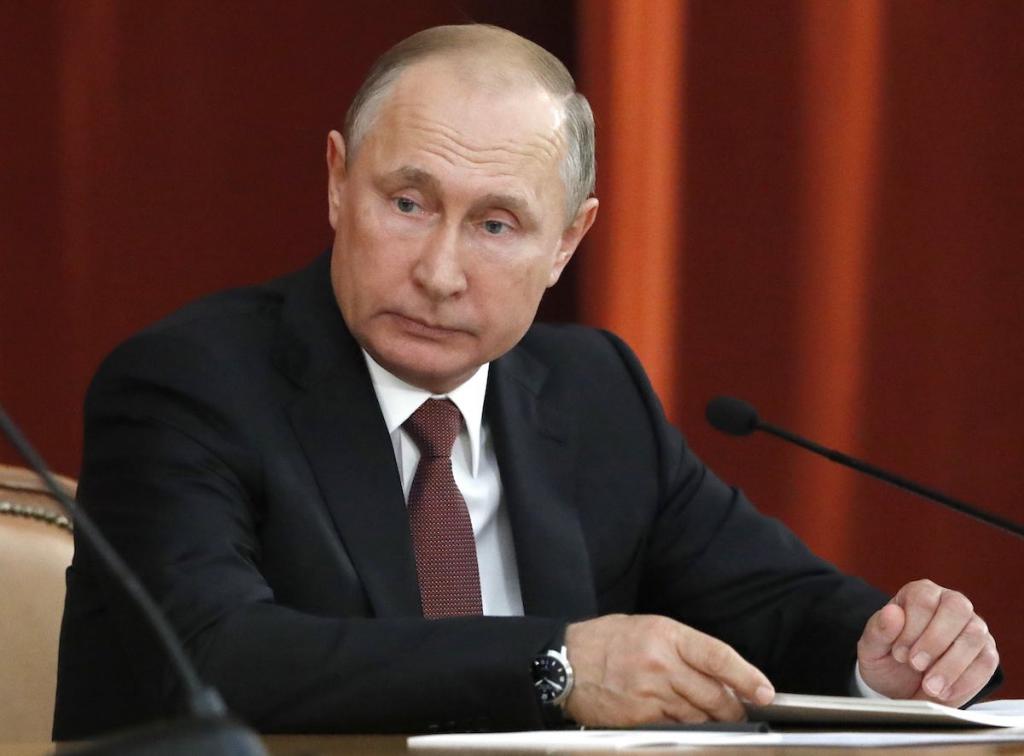
But this only applies to cases when the law is violated. If any rights of citizens are not respected or various violations are committed, then this is a signal for verification. By the way, the decision of the President of the Russian Federation should be implemented without the signatures of three percent of voters.
If the supreme executive authority of the constituent entity of the Russian Federation (the head of the executive service) is removed from his post, regardless of the reasons for such a decision, the first deputy takes his place. Only the head of state appoints a person to this post. Especially in cases where it is for a short time. Until the next vote passes and the newly elected head of the subject takes office, the appointed person is fully responsible for the duties assigned to him.
This person cannot be from among the deputies of representative power. He is also prohibited from engaging in any paid activity. But if it is connected with science or creativity, then the law does not prohibit this.
If the subject is not small and densely populated, then the position of vice president is envisaged. The main duties of such a person will include the full implementation of the activities of his boss in his absence. Therefore, in such cases, the participation of the president is not required.
Complete organization of executive authorities of the constituent entities of the Russian Federation
The principle of the federal structure of Russia sets some parameters and opportunities for individual organization. So, all executive power can be established by the subjects themselves. The main thing is that it does not violate constitutional rights and current legislation.
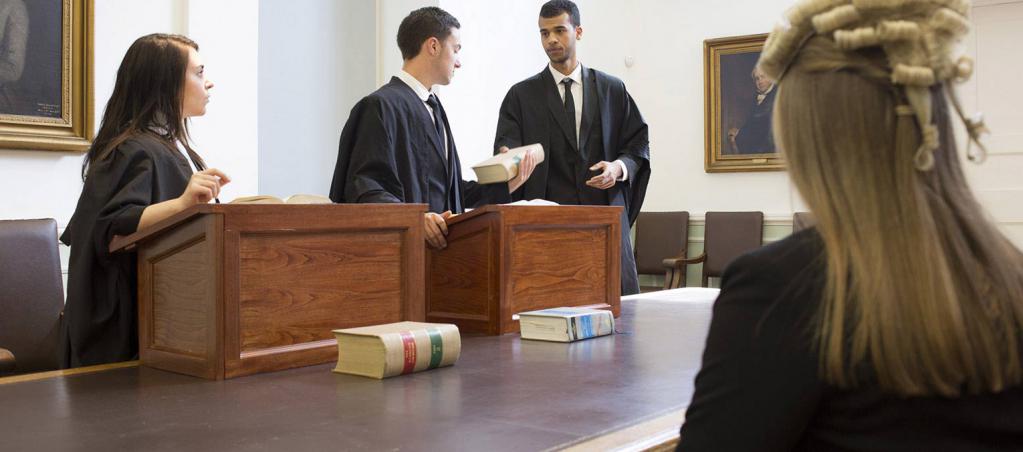
Since there is no one body that has great authority in organizing executive bodies of the constituent entities of the Russian Federation, the state is engaged in this. In this regard, it is easier to solve any problems, and control is much easier. It comes down to two directions. Namely:
- Independent exercise of authority at the federal level.
- Independent exercise of authority at the local level.
In both cases, officials and civil servants are governed by one law. But if we take into account the specifics of the local population, then we can say with full confidence that we can not violate the rights of people even at the cultural level. After all, this law does not just regulate all federal activities, but truly allows combining laws and customs. All regulatory legal acts and special aspects are spelled out in the constitutions of republics, regions and autonomies.
The legislative and executive authorities of a constituent entity of the Russian Federation can fully carry out the following acts:
- Development and implementation of acts necessary for the creation of a legal society. They will take into account various norms, rules, traditions and federal laws.
- The implementation of the independent choice of each legal norm. Development of the structure of the executive branch. Defining the function of each individual department or organization. Allocation of necessary powers and competencies by him. This directly affects all law enforcement agencies and the army.
- Creation and conduct of events at which executive bodies will be formed. The appointment of elections, the people responsible for holding them.
- Providing the executive branch of political, legal and other various resources to achieve maximum efficiency of its work.
What is the subject of executive power?

To begin with, it is worth noting that it does not matter, at the federal or regional level, this person will always be a civil servant or official. Therefore, such bodies can function without any state personnel. These units include:
- Army.
- FSB.
- Ministry of Internal Affairs.
- Gosnarkokontrol.
Power units are created to ensure the legitimacy of power and public law and order. All their management is carried out from their centers, which report directly to the President of the Russian Federation. Any special forces or riot police - this is the same subject of executive power, as the city hall. They just have different tasks, powers, permissions.
If you pay attention to the civilian subjects of the executive branch, the State Duma is immediately evident. And at the regional level - local meetings of deputies, district and village governments. One of the most important tasks for a civilian subject of executive power is the formation of their own personnel, which will allow them to fulfill their functions most effectively. On the part of federal law and authorities, the most excellent conditions are created for both options. Indeed, without law enforcement agencies and well-functioning officials, it will be very difficult for the country.

The main difference will be that in the first case, the choice will be made by people, and in the other - by personnel services.
In both cases, the activities of these people are based on maintaining the principles and inviolability of the sovereignty of the Russian Federation, providing full support to the population and full work with it.
The people of Russia always rule the executive branch. It was originally created in order to serve and protect the principles laid down in the Constitution. Therefore, the legislature has several codes governing its activities. Only in this way can prosperity be achieved without negative consequences for the country and its inhabitants.
